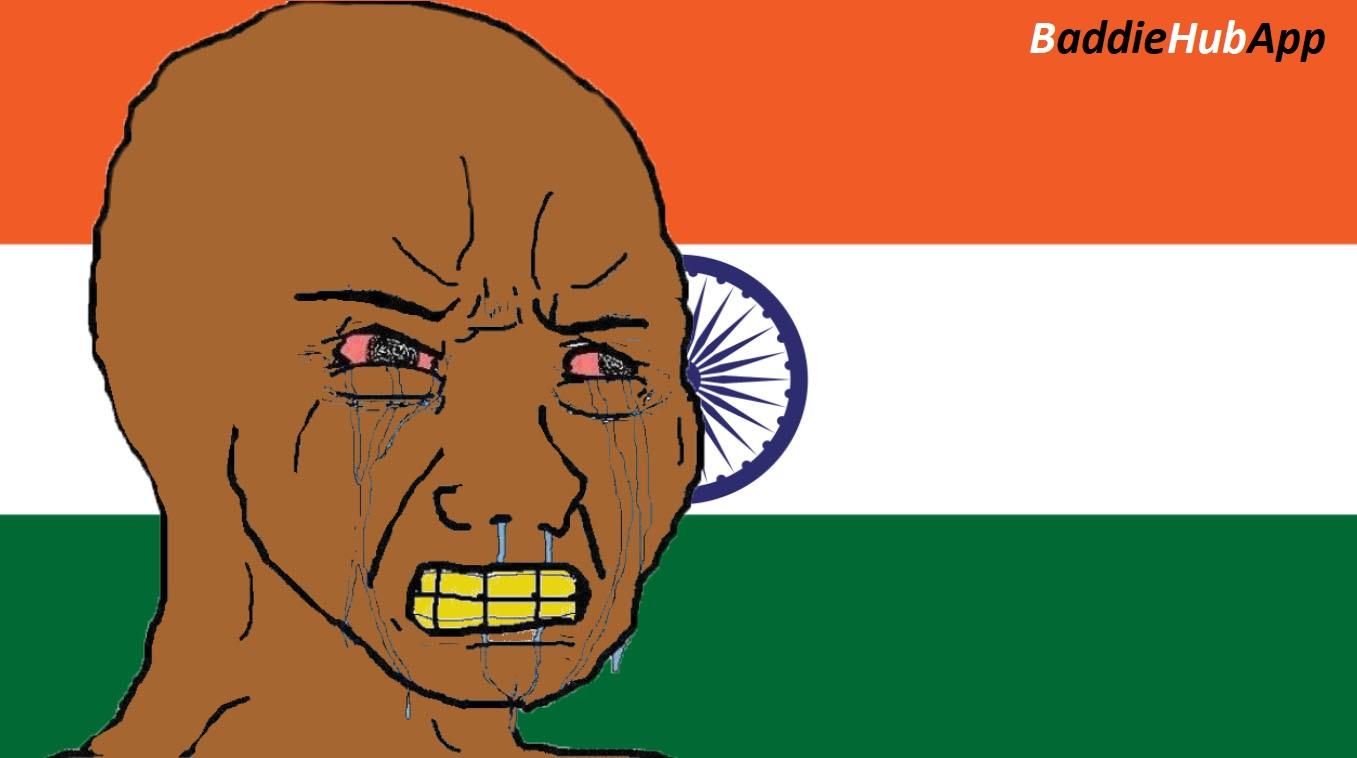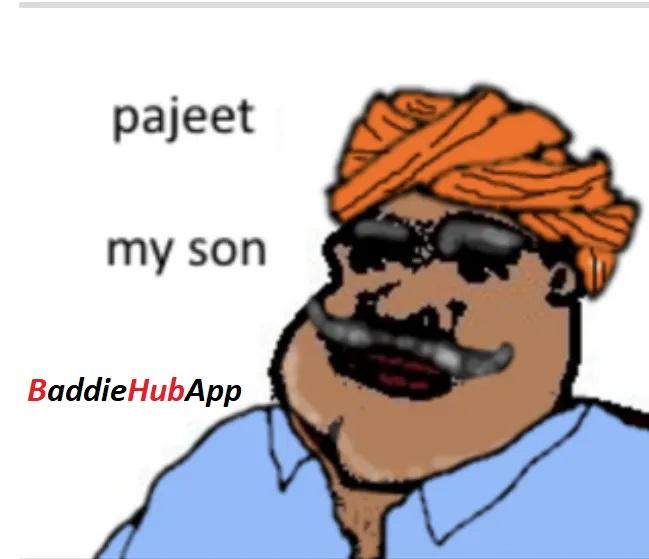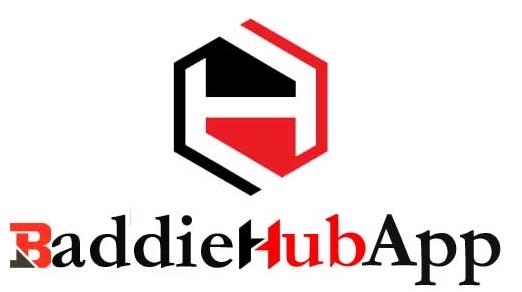Andoid Mobile Redmi 13c Review
Andoid Mobile Redmi 13c Review

The expression "Pajeet" has become widely recognized on various digital platforms, especially within forums and social media. However, its application and implications are intricate and frequently subject to debate. This article delves into the etymology of the term, its shifting interpretations, and the discussions that emerge concerning its use in both online and offline environments.
Table of Content [Show]
Particularly within communities on platforms such as 4chan and Reddit. It is often employed as a stereotypical reference to an Indian male, drawing from common Indian names like "Ajit" or "Rajit." Initially, it became integrated into online humor, often associated with jokes about cultural disparities, especially between Western and Indian internet users. The term is frequently found in memes or posts that portray Indians in a negative light, ridiculing behaviors, accents, or perceived characteristics of the community. Over time, the "Pajeet my son" has evolved into a symbol of derogatory and xenophobic discourse, particularly targeting Indian men and reinforcing harmful stereotypes.

Although the term may have initially emerged in a humorous context, it is now widely considered to be offensive. Its application is often linked to negative representations of Indian individuals, particularly in relation to tech support scams, outsourcing, and online dating. The archetypal "Pajeet" figure is portrayed as desperate, lacking skills, and culturally misaligned with Western society. In online forums, the term "Pajeet" is frequently employed in discussions about job competition, immigration, or cultural tensions. The usage of this term is often accompanied by other derogatory language and imagery, further perpetuating a broader narrative of racial and ethnic discrimination.
particularly from Indian and South Asian communities who contend that it reinforces detrimental stereotypes and incites xenophobia. Many view this term as indicative of the broader racial prejudices encountered by immigrants and people of color, especially in predominantly white countries. While the internet is often a space for humor and meme culture, it can also become a breeding ground for hate speech. "Pajeet Kumar" serves as a notable example of how seemingly harmless jokes can morph into instruments of division and hostility. For many Indian men, this term can feel particularly degrading, reducing their identity to a negative caricature.
| Also read this post: Rank-by-ping.com: Ping Test and Ranking of Internet Latency |
One of the main arguments in favor of terms like "Pajeet Kumar meme" is their application within a satirical or comedic framework. Advocates maintain that these phrases are not intended to be taken at face value and act as a means of social critique regarding cultural diversity. However, it is important to recognize that satire can quickly transition into insensitivity, especially when it is aimed at marginalized populations.

Although some individuals may contend that the internet serves as a platform for unrestricted expression, there is an increasing acknowledgment that such freedom entails responsibility. Terms such as “Pajeet kumar meme,” which carry connotations of racial bias, should be approached with care, if they are to be used at all. The focus should be on cultivating online environments that promote respect, understanding, and cultural exchange rather than division and animosity.
The term "Pajeet" exemplifies the intricate nature of language in the contemporary digital landscape. Although it may have begun as a mere anecdote, its transformation into a symbol of xenophobia underscores the necessity for heightened awareness regarding the implications of our language. As participants in the online community, we possess the ability to either reinforce harmful stereotypes or cultivate positive and inclusive spaces. The choice rests with us.
